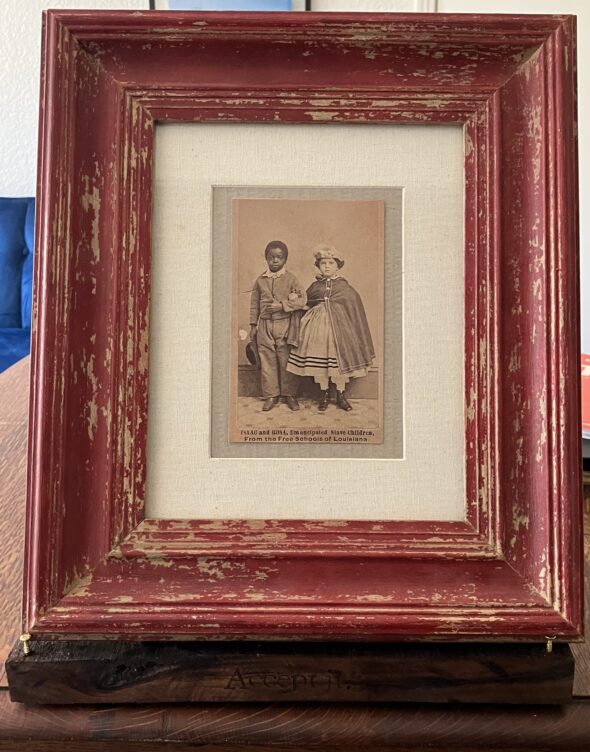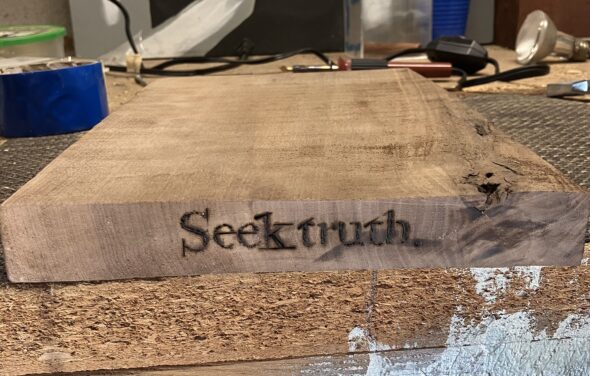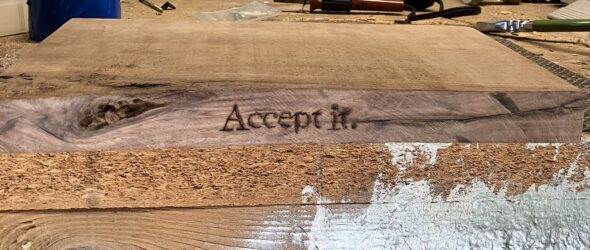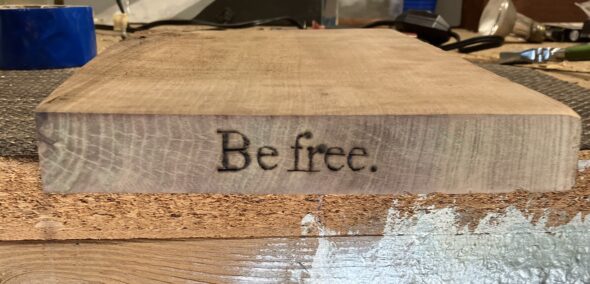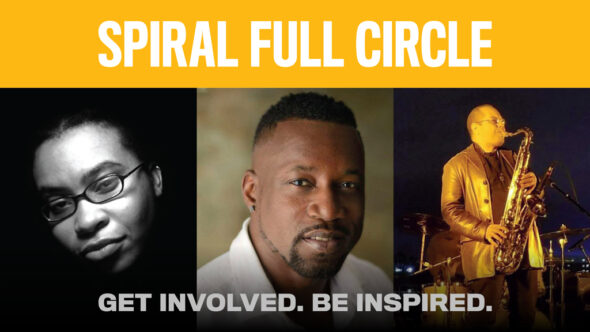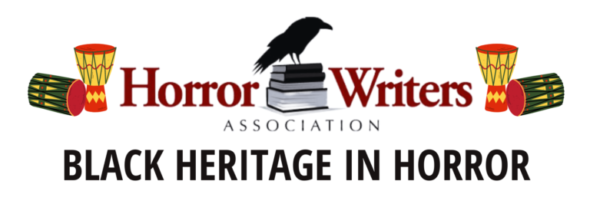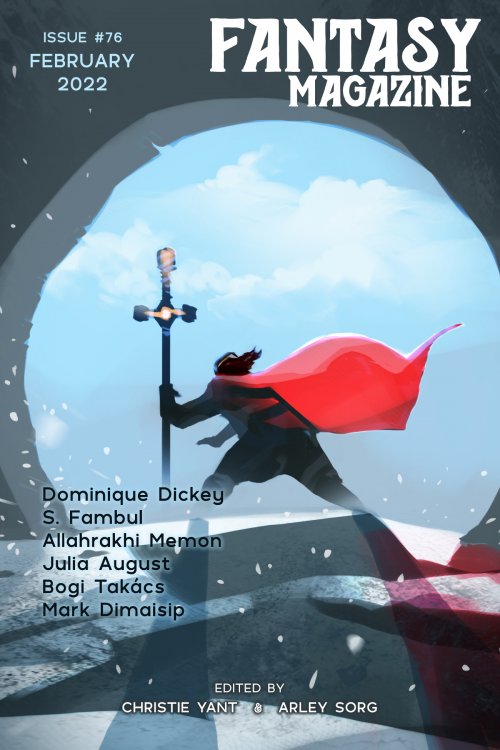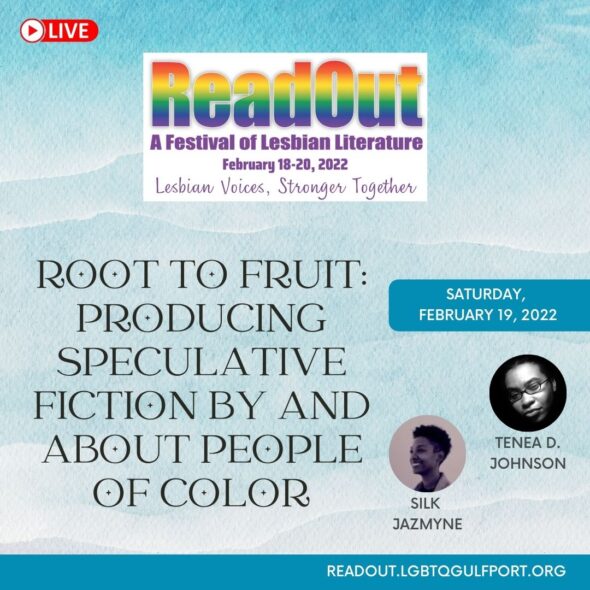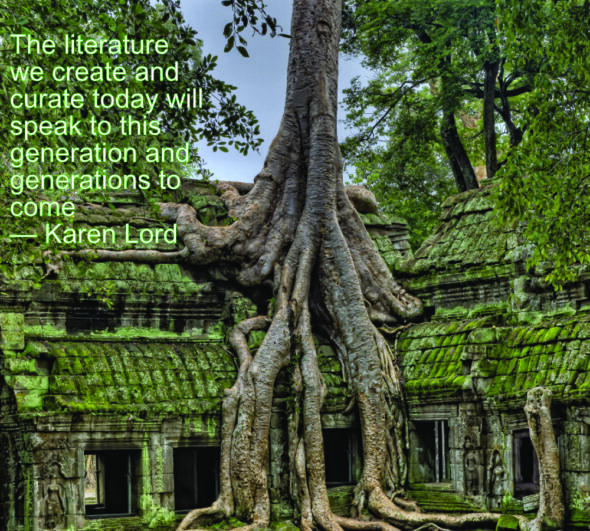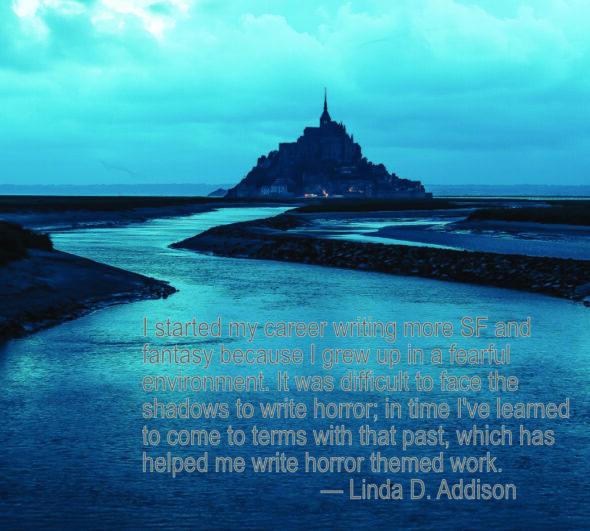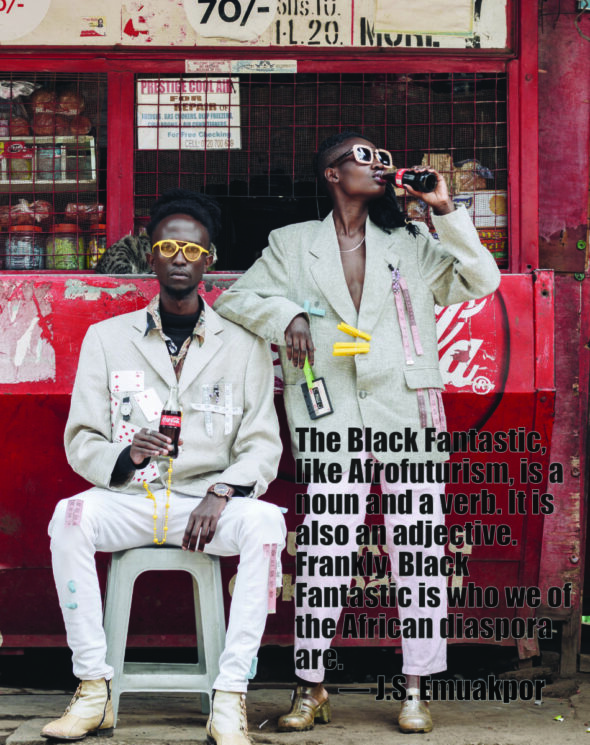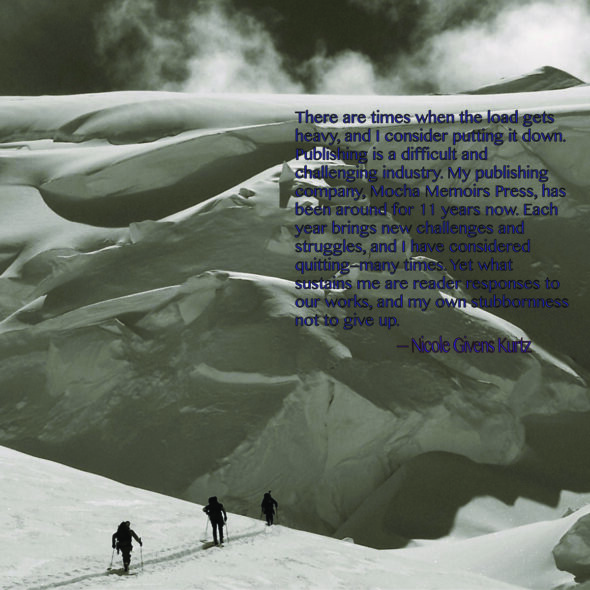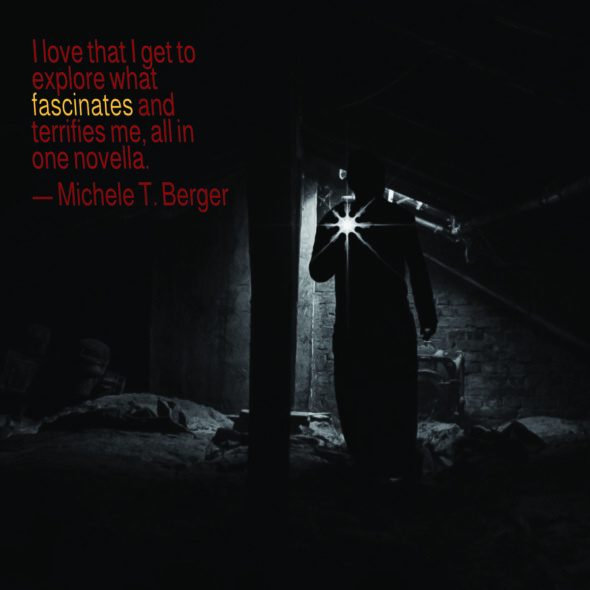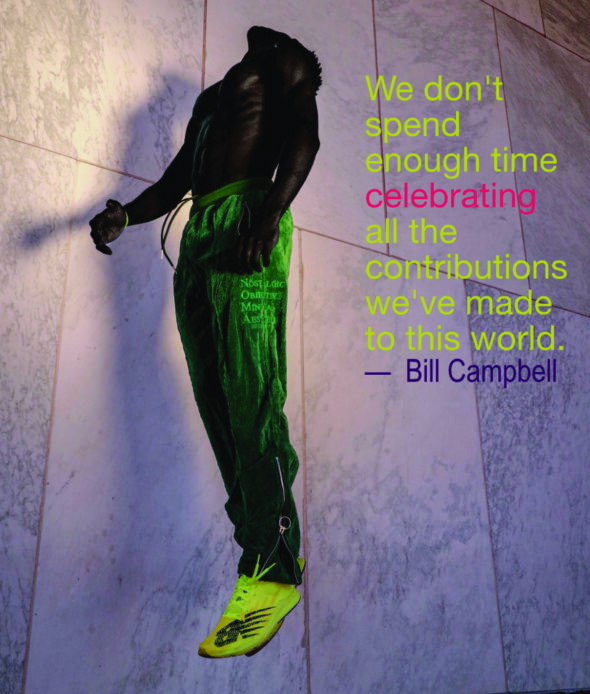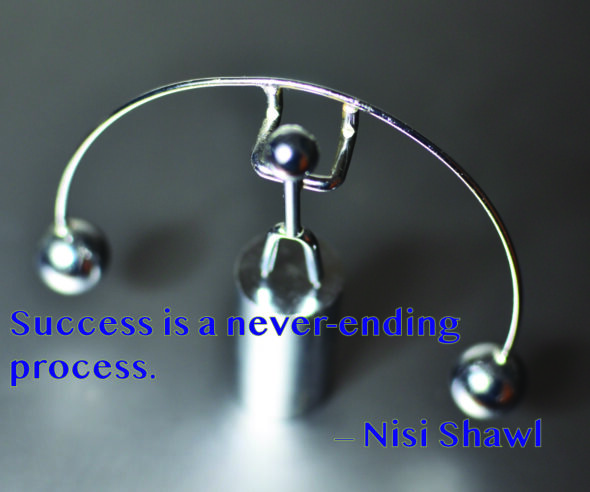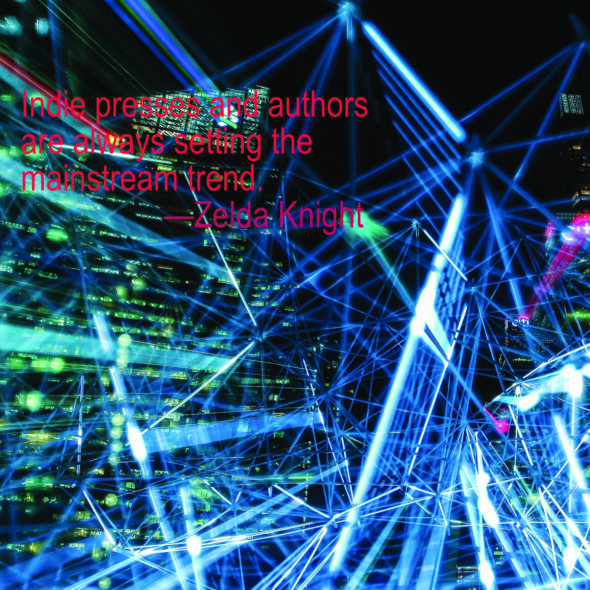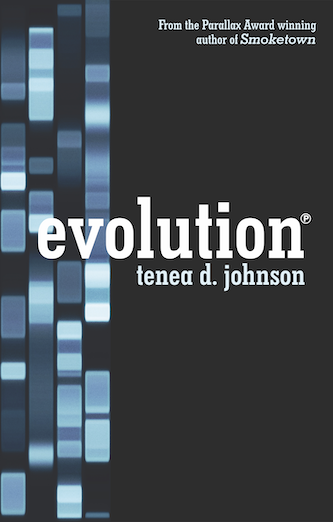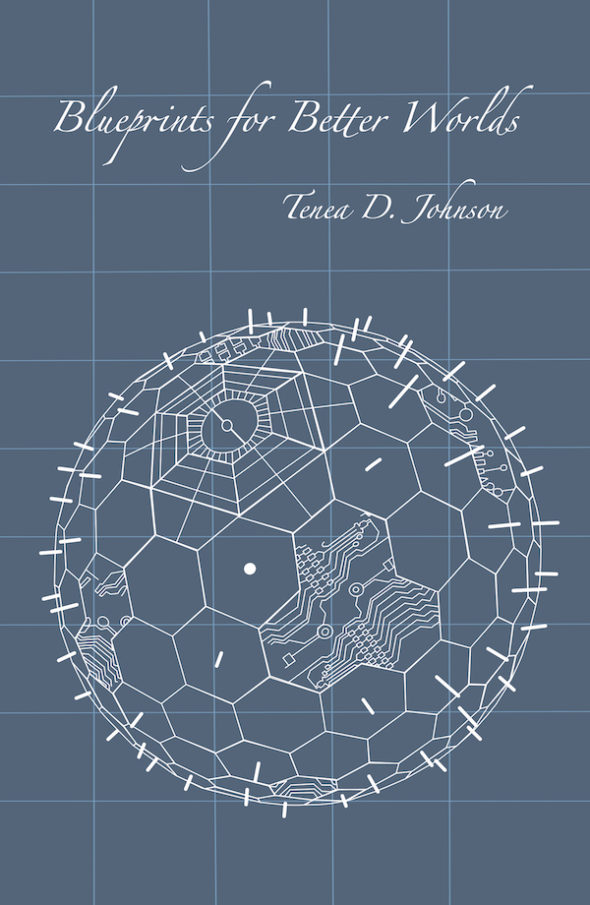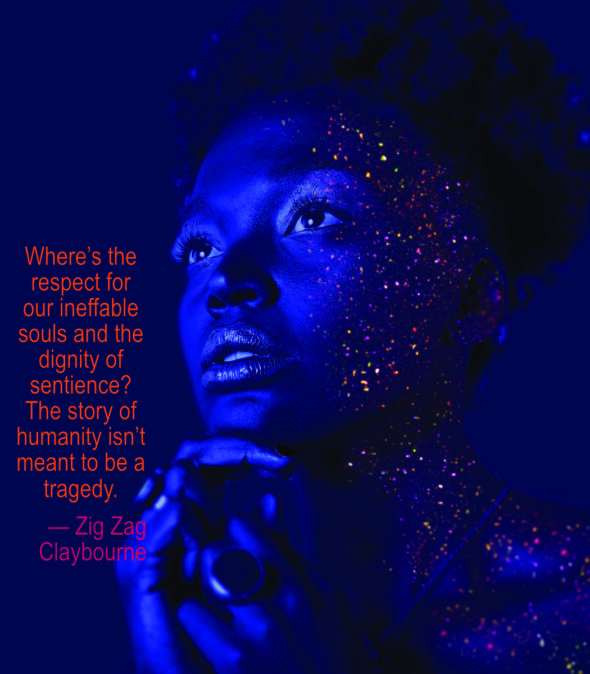
Photo by 3Motional Studio from Pexels
Zigs is bringin’ it. I’m gonna get out of the way. (If you want to hear more from this engaging mind and author of 2 books in the bundle, you can get the bundle until July 2nd).
Describe this work in 3 words.
“Oh, it’s on!” (3 more words: exciting, fun, real) (The Brothers Jetstream. For Afro Puffs, the 3 words would be “…and find out.”)
Have you witnessed the Black Fantastic or Afrofuturism in real life? If so, what was it?
Clearest recent example of Afrofuturism at work in my city, Detroit: to address the food deserts (lack of viable grocers) and the technology deserts (internet access—which should never have been commercialized in the first place–isn’t affordable for all, which places lots of Detroit students at a disadvantage) a group of Black community activists and tech activists came together and created free, secure wifi hubs in several of the most neglected areas of the city, along with donating computers. As for the food deserts, community gardens now dot the cityscape in the most beautiful of ways. These are two paths forward for those who faced brick walls. Afrofuturism is DIY. It’s attempting to find a harmonious way that might bring order to chaos.
What was the most difficult story/part of your novel to write? Why?
There’s a scene where a villain murders someone simply because they can. That sense of heartless impunity gutted me because way too much of our real world is exactly like that. People gone for no other reason than a person, a business, a community, a government—wanted them gone. Where’s the respect for our ineffable souls and the dignity of sentience? The story of humanity isn’t meant to be a tragedy.
What’s your favorite Afrofuturist or Black Fantastic work?
Parliament’s Mothership Connection. That entire album is a sci-fi novel spanning worlds, time, and dimensions!
Why this story?
This is the question that gets me bouncing like a hyped boxer. I’ve talked about it before (here for those interested) but short version: I personally wanted an epic tale about Black brothers constantly saving the world, one where they’re always doing it “one last damn time.” I looked for that epic tale. Something wild, something that poked fun at tropes but in a way that brought the reader along for the joke yet had heart. I couldn’t find one. So I squared my shoulders and wrote the ultimate adventure I wanted to read.
As for its sequel AFROPUFFS ARE THE ANTENNAE OF THE UNIVERSE: that was meant from day one to stomp male fragility. If I saw one more fanboi come for a sista (in particular, women in general) in genre…I was ready to act a fool. 2020 called for a story with an all-woman crew; an adventure where a shameless “Kirk” speech delivered by the captain of that crew felt right on time; a sci-fi story wherein idiocy got trounced like it owed everybody money.
Name one darling you killed before the final draft.
Fiona Carel. The crew in PUFFS are the women from The Brothers Jetstream: Leviathan. I wanted to bring Fiona Carel over from The Brothers Jetstream same as I did the crew. Fiona’s Irish, white, and sensitive to the multiverse. I wrote entire sections of her doing angsty multiverse stuff…but ultimately the story said nerp, not this time. As much as I love her character, she distracted from the Black Girl Magic this romp delivers.
What subject do you find most difficult to write about?
I’m not a fan of centering Black trauma, particularly in sci-fi/fantasy arenas. There’s this pernicious notion that pain is intrinsically and specifically tied to Black skin, be it on the Continent or via the diaspora, which tells me that regardless of the surrounding plot, the only story too many people want to hear from us is how we deal with the “pain” of being Black. Listen, I grew up listening to Earth Wind & Fire and Prince; I got the rhythms of the ancients in me! I can bring the thunder and lightning, but I play in the joyous rain.
What direction would you like to see Afrofuturism and/or the Black Fantastic go? What would you like to see come of this moment of greater recognition?
My hope is that readers realize Afrofuturism and the Black Fantastic (which damn well needs to be a band name) are more than solely entertainment to pass the time, they’re building blocks to actual social change far past the status quo. Whether comedy, adventure, fantasy, drama, romance–art is meant to connect us to something more than we started with.
How do you measure writing success?
First, by how much fun I had with the story. Second, by how satisfied I am with the story’s soul upon completion. Third, did readers feel like I honored their time? Anything after that is whipped cream on top of pie.
What’s your approach to worldbuilding?
I’m a fan of the less-is-more approach. As a writer and a reader, I like to wander a story’s playground to find interesting toys and attractions. If I’m reading your zombie sci fi novel I don’t want a page of exposition telling me about the planet’s atmosphere, the evil mining corporation that abandoned folks, and the marital backstories of the two main protagonists. I want “There weren’t enough of us left to bury the bodies…”
What’s the first Afrofuturist/Black Fantastic/Black Scifi work you read? What was the last?
Dhalgren by Samuel Delany was the first, a book which opened me to wonderful new ways to tell a story. The Space Between Worlds by Micaiah Johnson is the latest, a wonderful journey through the multiverse. Both books share an expansive sense of scope and character, which I love.
What are you working on now?
In March 2020 I had a short story published at GigaNotosaurus about a mother and daughter witch team from a secondary-world version of Africa traveling the world. It was called “The Air in My House Tastes Like Sugar”. The characters spoke to me so much I wanted to see what they did next. Result? A fantasy novel about this mother & young daughter having the adventure of their lives.
What compels you to keep writing/editing?
Questions. Not understanding things. Writing helps me see the world’s bones and tendons at work. I may leave this world not having figured a single thing out, but at least I can say I made the attempt.
